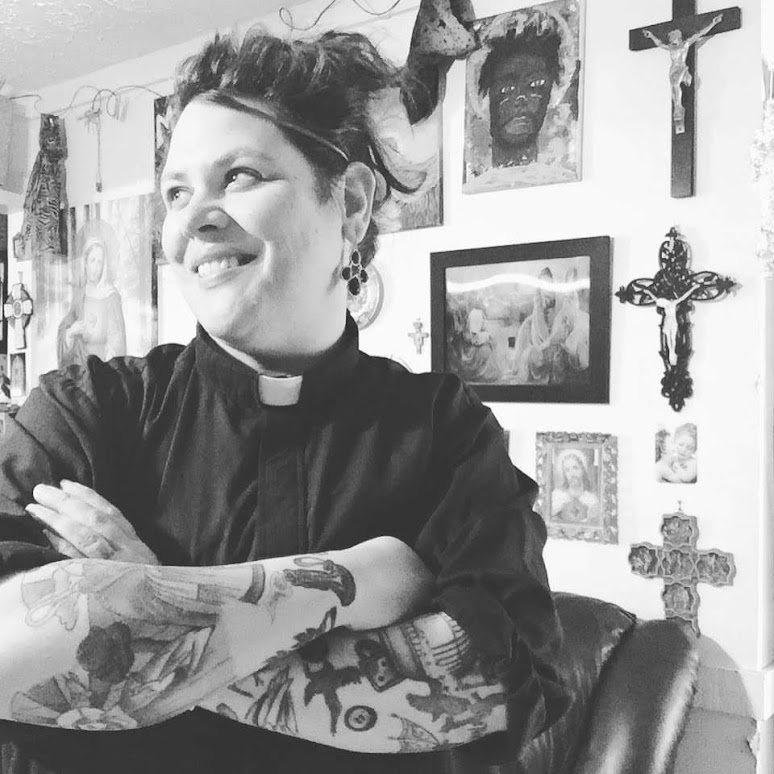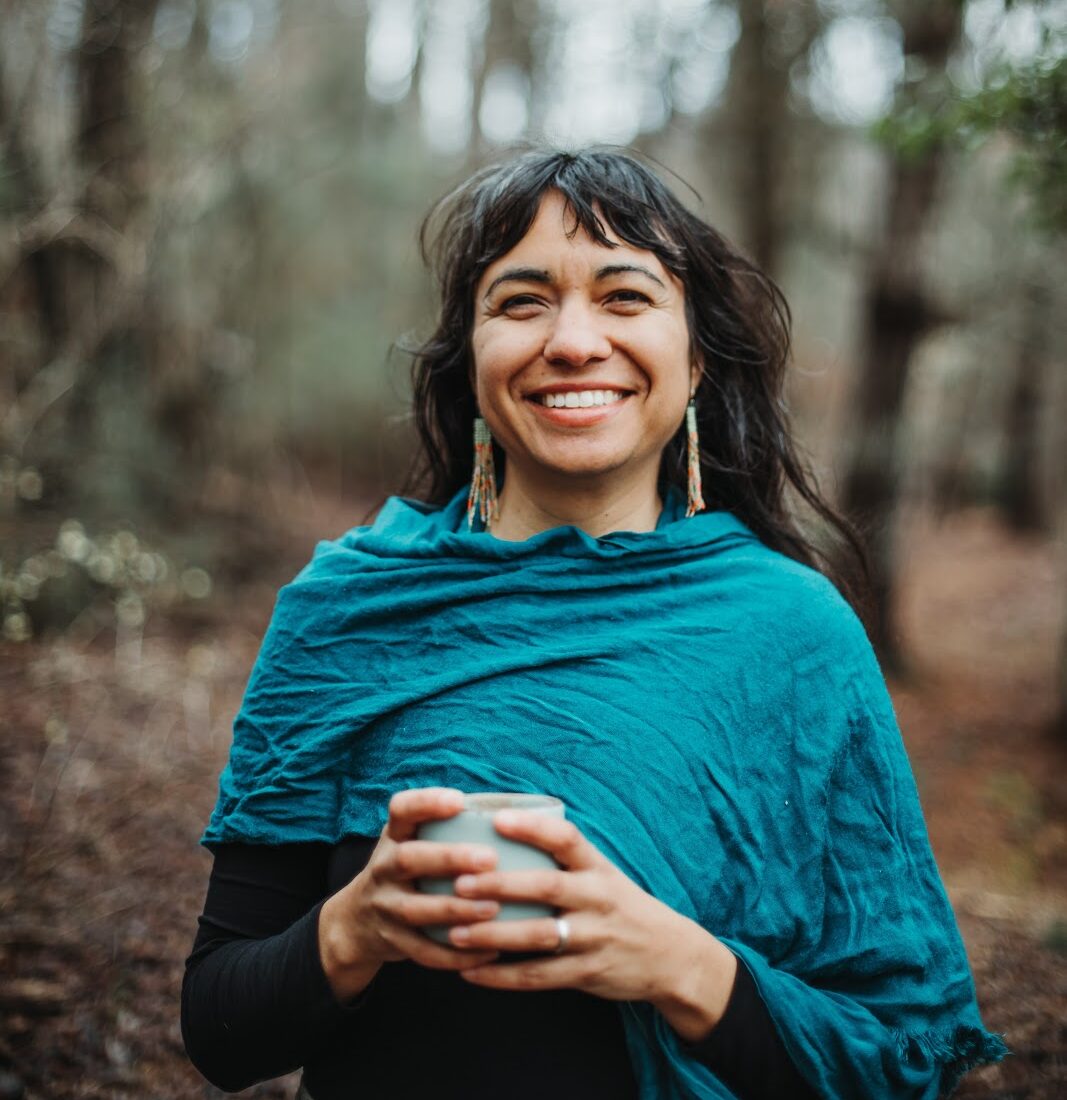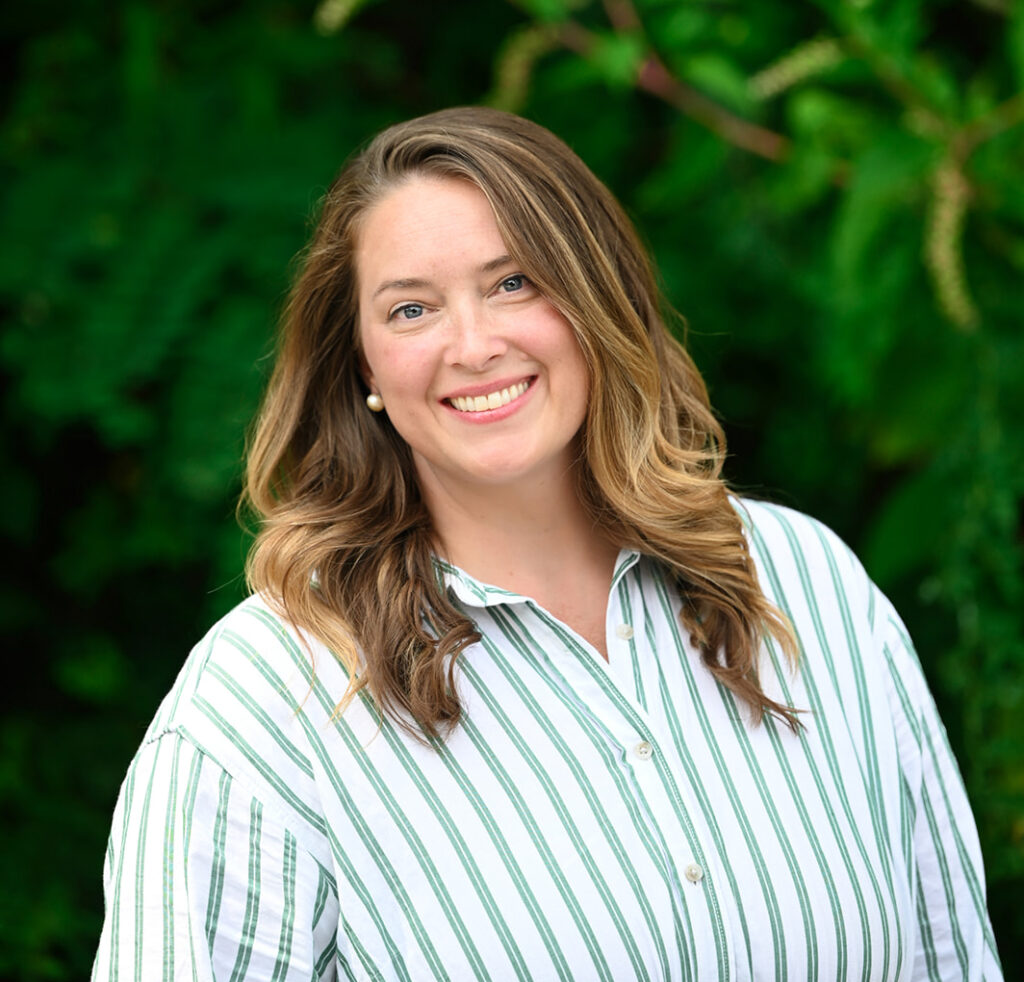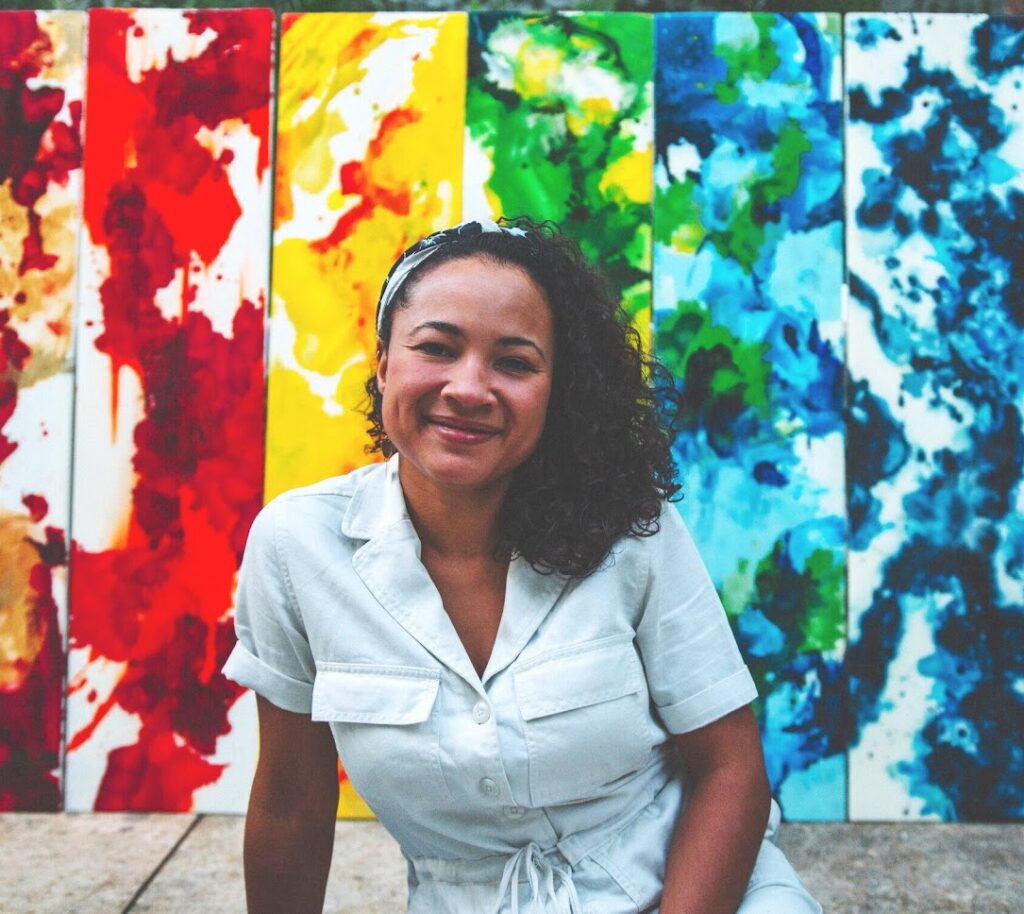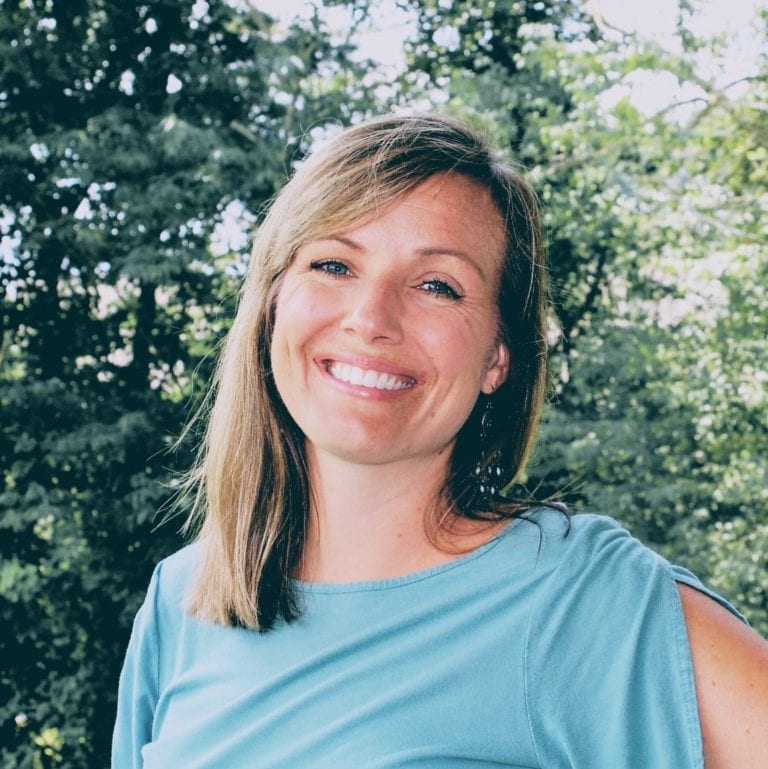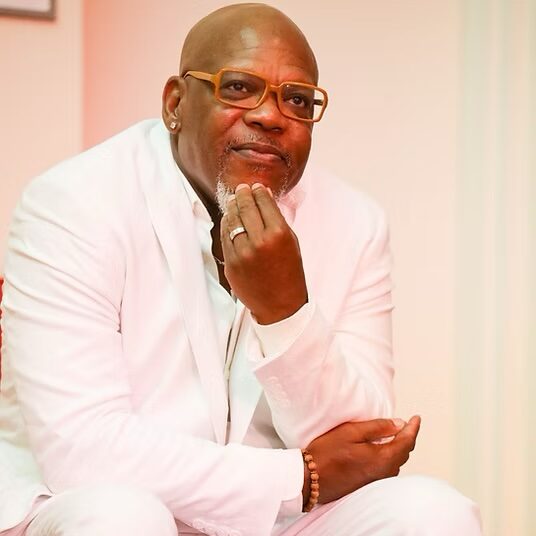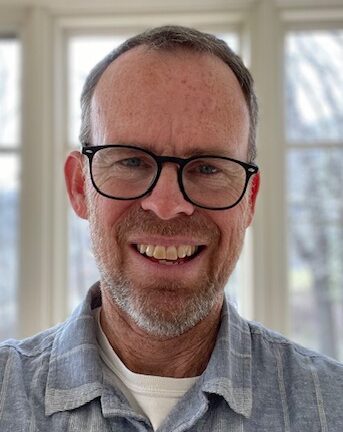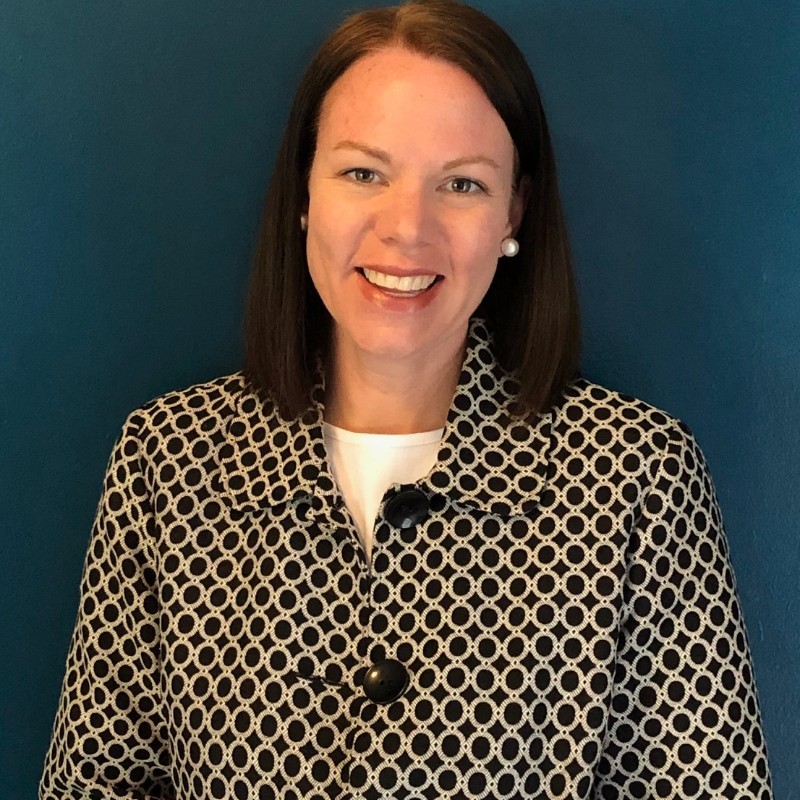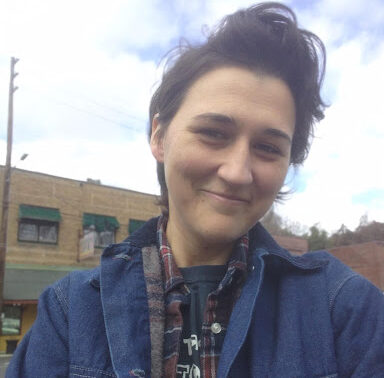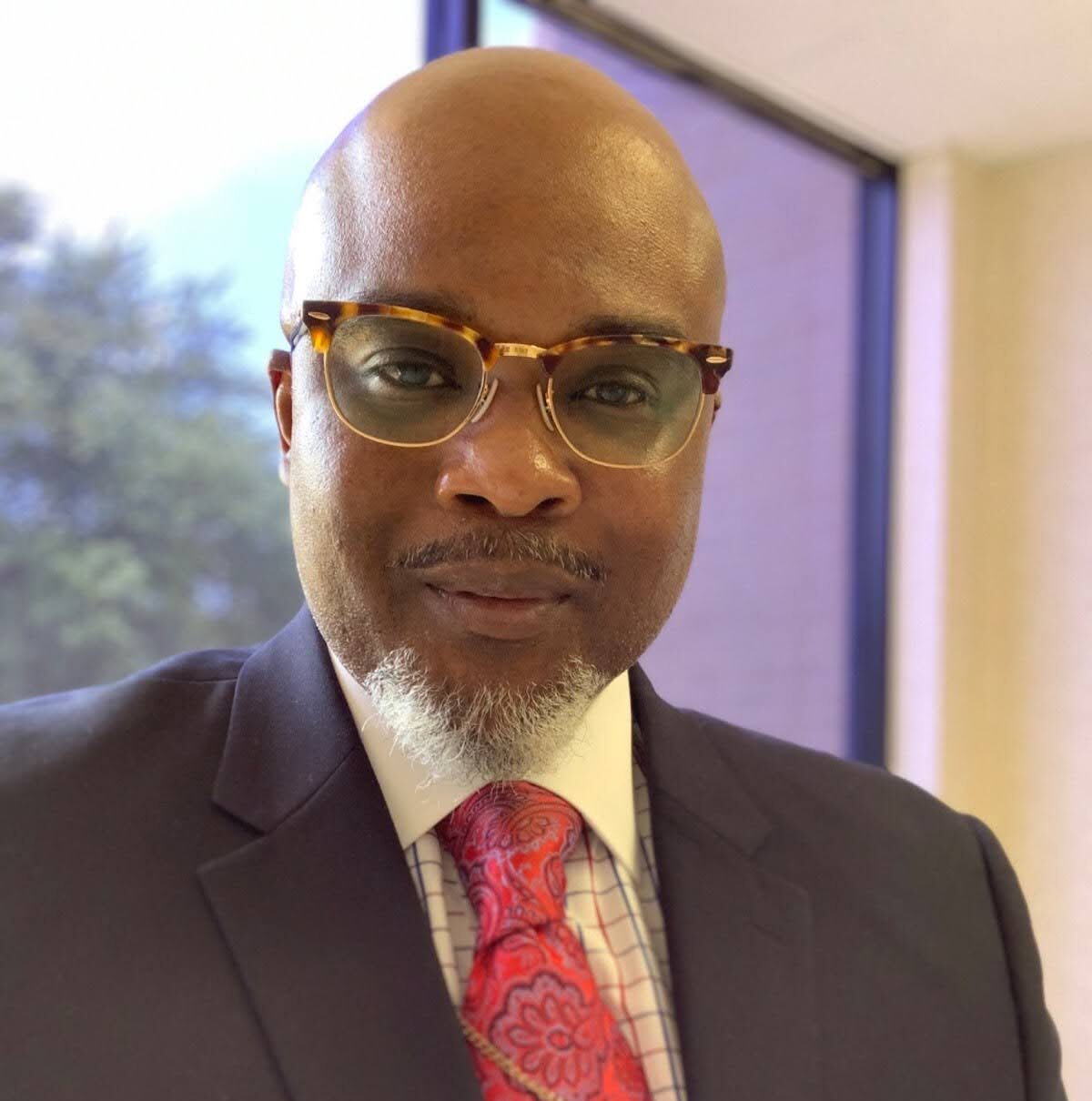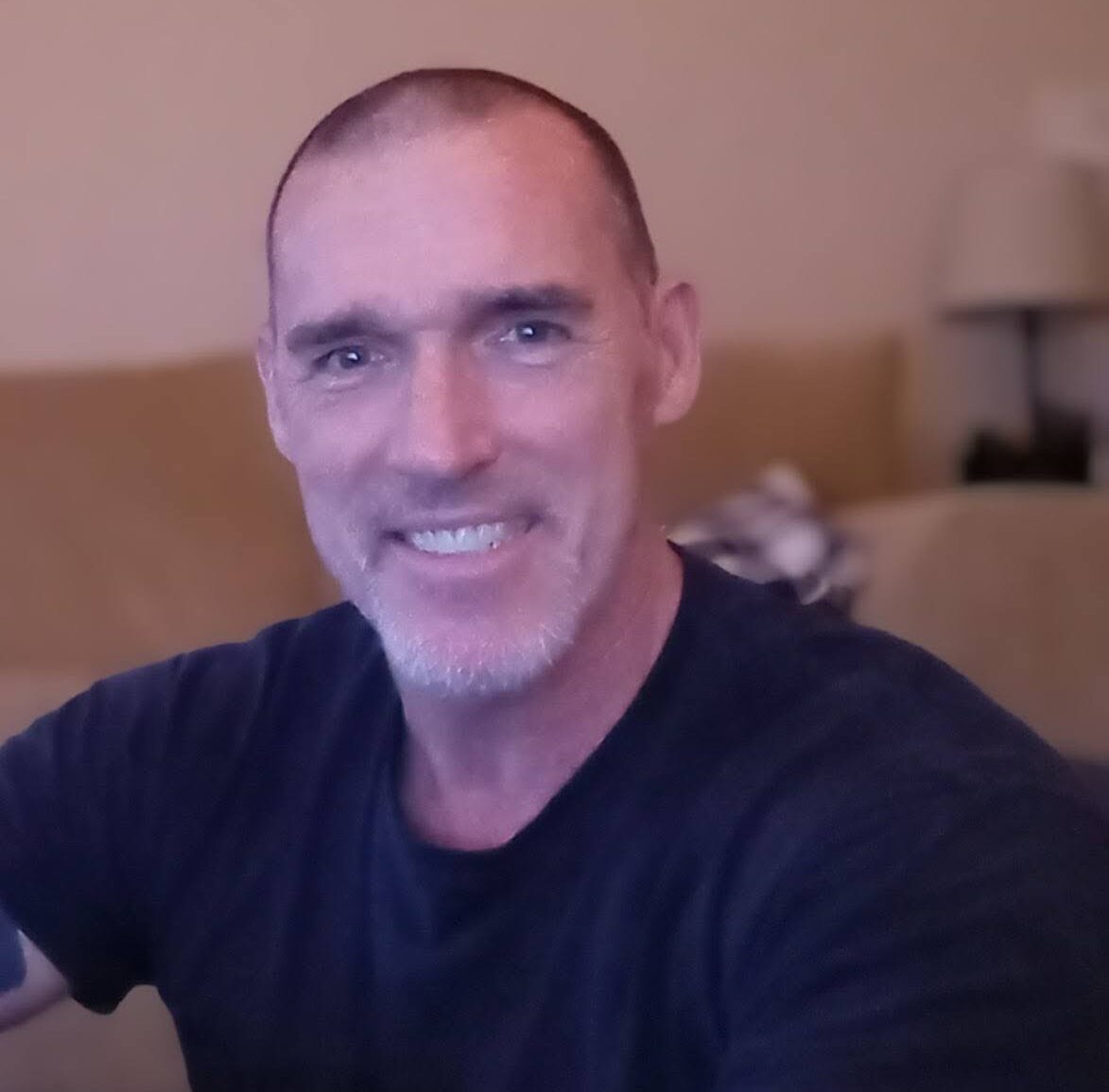Thursday, February 27 | 10 a.m.-3p.m. | Central United Methodist Church, Asheville
Bec Cranford
Bec Cranford is a spiritual director from Atlanta, Ga, who supervises students at Candler School of Theology in “Care in Communities.” Bec has over 15 years of service in homelessness and harm reduction nonprofits, churches, and higher education. Bec is a mystic who loves the woods but also converses with angels on the streets of Atlanta. Bec recently published, “The Bapticostal Misfit: Stories of Effin Amazing grace,” where she talks vulnerably about her mental health struggles and her life.
Bianca Gragg
Bianca Gragg, LCSWA, is a Revolutionary Mother who aims to be in transformational and accountable relationships with herself, family, community, and the Land. She has spent a lifetime exploring co-healing, knowing the interconnectedness to all others and the environments around us. She is the founder of Semillas Counseling, where she offers counseling for individuals and families, organizational and business consulting, and coaching. Bianca earned her master’s degree as a Licensed Clinical Social Worker Associate from Western New Mexico University in Silver City, New Mexico, and her undergraduate degree from the University of Arizona-Tucson in Environmental Science. Bianca approaches her work and life through the intersection of Spirituality and Justice.
Jo Bradley
Jo Bradley, MS, CHES, serves as the Data Manager & Improvement Specialist at WNC Health Network. In this role, she oversees and maintains the regional population-level dataset, spearheads the support, identification, and solutions for data development needs within the region, and conducts research and data analysis to extract meaningful insights for informed decision-making and community strategic planning. Jo convenes and facilitates collaborative data efforts for the organization, including the WNC Healthy Impact (WNCHI) Data Workgroup, Regional Data Team, and Mountain Data Equity and Engagement Partners (Mountain DEEP) Team. Additionally, she provides technical assistance, consultation, training, and coaching to hospitals, public health agencies, and various partners engaged in local and regional community health improvement initiatives.
Ella Dufrene
Ella Raphëlle Dufrene (she/her/hers) is a French-Haitian-American visual artist and art therapist. Ella believes that art is our most primitive style of communication and expression, dating back to our earliest forms of art making in prehistoric cave paintings. Driven by the instinctual knowledge of the innate and powerful healing powers of art, Ella received her Masters in Art Therapy & Creativity Development from the Pratt Institute in 2015.
Currently, Ella is based out of Asheville, NC where she works as an art therapist in private practice. She has experience working with people on the autism spectrum, at-risk youth, children and adults with special needs and developmental delays, drug/alcohol addiction, psychiatric rehabilitation, eating disorders, as well as adults and children in both individual and group settings. Ella emphasizes a holistic approach to wellness and utilizes a playful ‘person first’ approach to therapy.
Ashley Putnam
Ashley Putnam (she/her) is the Director of Programs and Partnerships with Resources for Resilience and has dedicated the past 20 years to working with individuals and families with developmental disabilities, later expanding her focus to a systems-level approach in behavioral health advocacy and community collaboration across Western North Carolina.
A certified Adult & Youth Mental Health First Aid Instructor, Darkness to Light Facilitator, and Resources for Resilience Resiliency Educator, Ashley has spent the past decade training and collaborating with a wide range of community stakeholders, including schools, faith-based organizations, law enforcement, first responders, and healthcare professionals. She is passionate about addressing the impact of stress and trauma, believing that through connection and compassion, individuals and communities can build resilience and thrive.
Michael Hayes
CPSS, CHW, Recovery Coach, Wellness Recovery Action Plan (WRAP) Facilitator, Trauma and Resiliency and a Reconnect for Resilience Skills EducatorFounder, Executive Director of Umoja.
Mr. Hayes is a visionary agent of change. Mr. Hayes has found powerful ways to infuse the art of storytelling and the science of resilience into opportunities for healing and recovery. He is the author of the HOPE (Healing Our Past/Personal Experiences) module, a Certified Peer Support Specialist, a Wellness Recovery Action Plan (WRAP) facilitator, and a Reconnect for Resilience Skills Educator. Mr. Hayes is the founder of the Urban Arts Institute and continues to provide opportunities for healing and growth grounded in the arts. Mr. Hayes believes in the power of community and the collective healing process. He is the Executive Director of Umoja Health, Wellness & Justice Collective.
Mark Siler, LCSW, LCAS
Mark Siler is a mental health clinician with CareNet Counseling. In addition to offering counseling, prioritizing those experiencing no or unstable housing, Mark works alongside the Post Overdose Response Team/Community Paramedics in Buncombe County and IMPACT Outreach in McDowell County.
Robin Payne
Robin Payne is a passionate nonprofit leader who has worked in Western North Carolina for more than 20 years in a variety of roles. She is currently the Executive Director for NAMI (National Alliance on Mental Illness) Western Carolina and dedicated to improving the lives of those with mental health challenges and their families. She received her MBA from Western Carolina University and enjoys strategic planning, grant writing, and program development. Robin has served on a number of nonprofit boards and volunteers extensively in the community. She lives in Weaverville with her husband, two teenagers, and a handful of cats.
Hill Brown
Hill Brown (they/them) is the Southern Director of Faith in Harm Reduction and the Southern Ambassador for Harm Reduction and Overdose Prevention Ministries for the United Church of Christ. For five years Hill ran a community based harm reduction program in Asheville NC. They now serve as a community chaplain in WNC where they live with their family.
Dr. Tobias E. LaGrone
Decades in pastoral leadership and the human services sector. In addition to being a Senior Pastor of 34 years, and a licensed therapist, Dr. LaGrone has served as a past board chair of Guilford County’s Community Action Agency, a former city of High Point Human Relations Commissioner, and a community engaged behavioral health clinician.
Dr. LaGrone has been on the forefront of addiction prevention programming by establishing evidence-based programs, which aided Guilford County’s pain management clinics in adopting addiction prevention screenings and overdose prevention strategies.
He is licensed for clinical practice as a Licensed Clinical Addiction Specialist (NC), Licensed Substance Abuse Treatment Practitioner (VA), Master Addiction Counselor (NAADAC), Internationally Certified Advanced Alcohol and Drug Counselor (IC/RC), Department of Transportation Substance Abuse Practitioner (DOT-SAP), & North Carolina Problem Gambling Provider.
He has served as the state of North Carolina Opioid Coordinator, responsible for helping to reduce opioid overdoses, deaths, and other substance use disorders. Presently he serves as NCDHHS Advocacy and Empowerment Team Lead & Faith Based Initiatives.
Dr. LaGrone also serves as adjunct faculty of Biblical Counseling and Spiritual Formation at Grand Canyon, Univ, Phoenix, AZ.
Dr. LaGrone earned his bachelor’s degree in political science from Jackson State University (Jackson, MS). He has also obtained a Master of Divinity and a Doctorate of Ministry degree in Pastoral Care, Counseling, and Congregational Soul Care from Memphis Theological Seminary (Memphis, TN).
Niles Comer, MA
I have spent my professional and personal life working for and alongside those at the margins of society – the addicted, the unhoused, the wounded and disenfranchised – in both the nonprofit and for-profit worlds. My professional experience includes being the CEO of an internet company, a nonprofit executive, recovery center manager, addictions counselor, HIV social worker, government trainer/educator, social entrepreneur, and pastoral care provider.
I have over 30 years of experience with human services, community change, and healing movements. My expertise encompasses nonprofit leadership, building community, wellness and recovery, making positive social impact, and spiritual friendship.
I have deep personal and professional knowledge of addiction, recovery, mental health, trauma, homelessness, spiritual development, community renewal, and the impacts of poverty.
I spent years doing addiction recovery and healing work in the Roanoke and Shenandoah Valleys in Virginia. I am currently the executive director for Dayspring Foundation, a nonprofit dedicated to supporting all paths of healing from addiction.
I have received my B.A. from Vermont College of Norwich University and my M.A. from Claremont Lincoln University. I am currently pursuing an M.S. in Leadership at Grand Canyon University. I have also been trained as a certified addictions counselor and a certified peer recovery specialist. I am a person in long-term recovery from addiction.
Caryn Hanna – Graphic Facilitator
I help people SEE what they SAY and HEAR in a meeting or presentation!
We know that we all process information in different ways, and some of us find ourselves lost during meetings or presentations. Sometimes there are so many ideas to convey and explore that we need to SEE it to really HEAR it.
I graphically translate information so that it is more accessible and meaningful to participants in a workshop, strategic planning meeting, presentation or feedback session. I listen deeply to extract the key ideas then draw and write them on a whiteboard or a large paper canvas to create a BIG picture point of view, seen by the participants as it unfolds in real time. Ideas are grouped or linked and captured in a way that creates a deeper understanding and increases information retention for the viewers. Participation increases because people tap into their creative selves and become more engaged in the process as they SEE their ideas being HEARD.
As a result, the group energy is enlivened and exciting innovative ideas emerge. The informative image becomes a tool for sharing with others not present or to display in the workplace to look back on and chart progress. Finally, I make it into a clean digital file to increase sharing possibilities on the company’s internal communications, website or social media pages.

